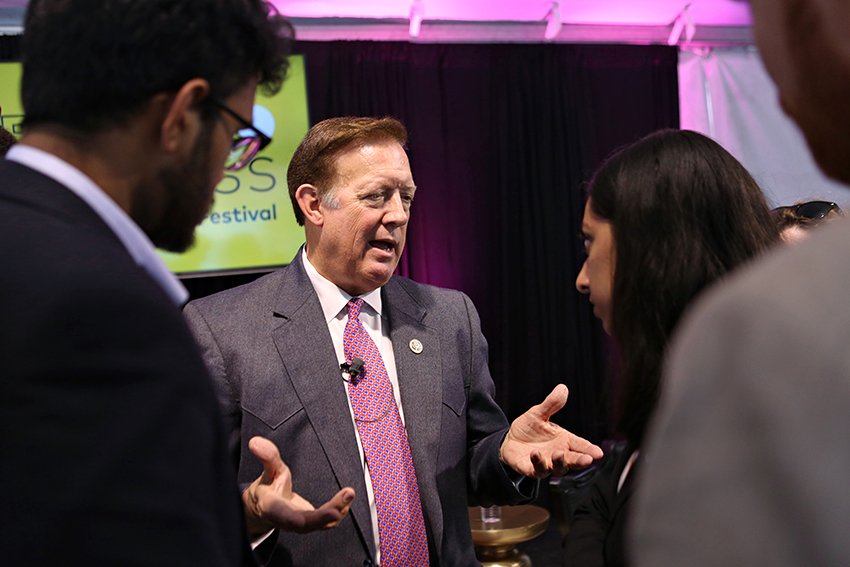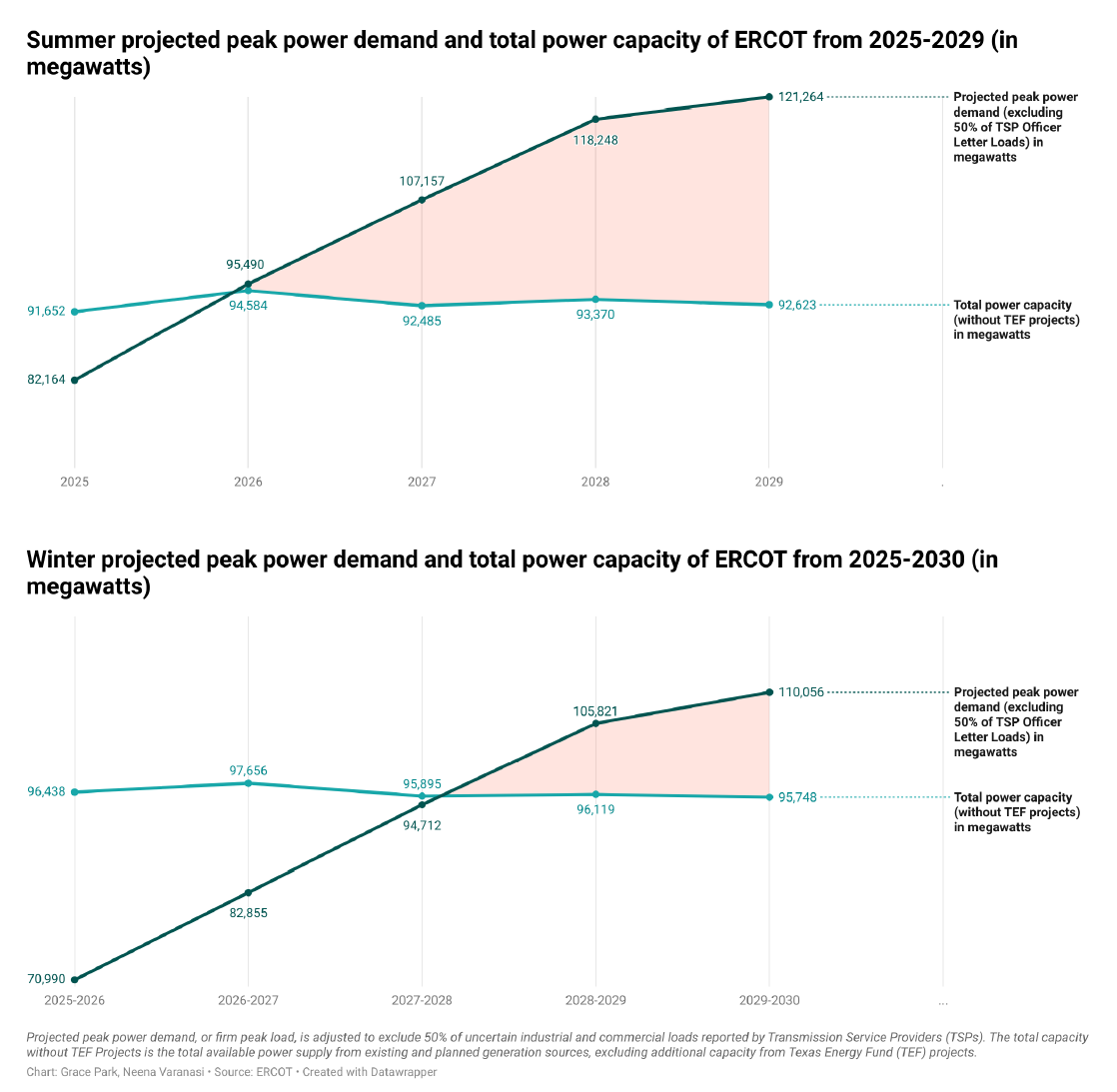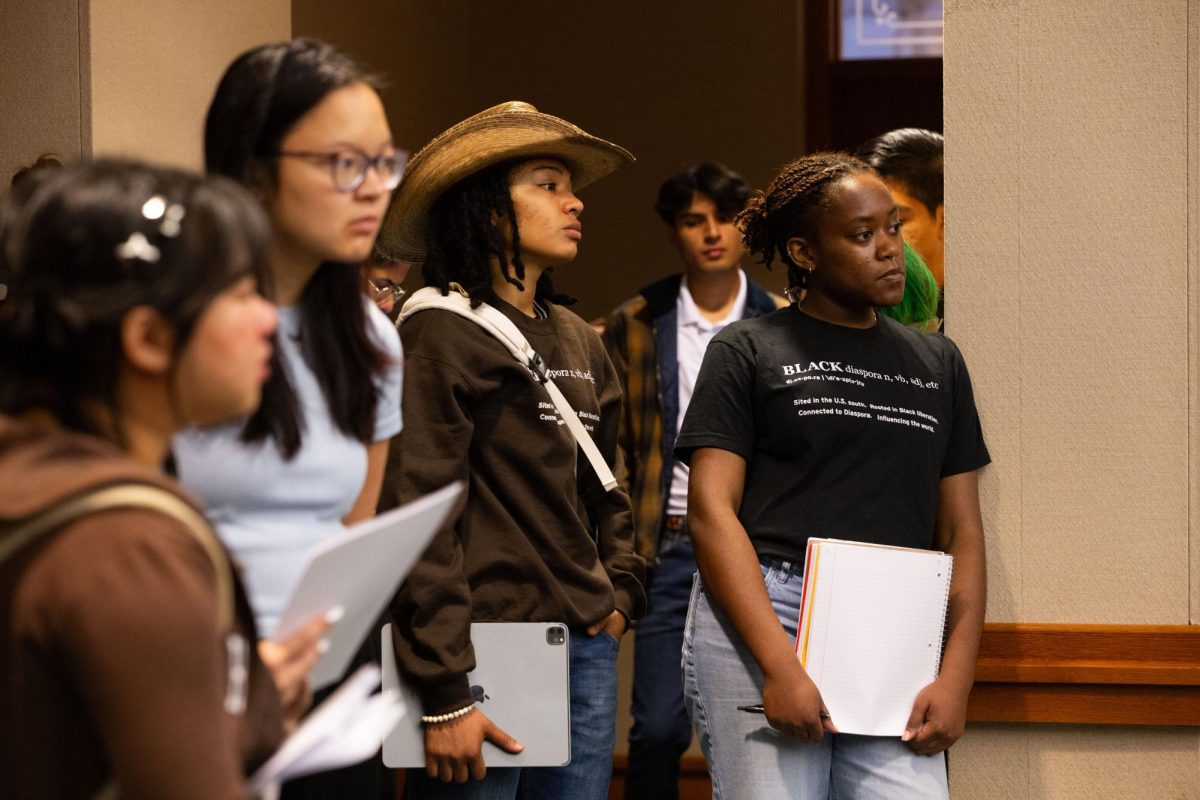Universal background checks, better mental health care and gun control legislation are among the various ways politicians and mass shooting survivors have proposed to reduce gun violence in America.
"People think we're trying to take people's guns away,” Parkland shooting survivor Chris Grady said about the March for Our Lives movement. “That's not true. Our goal is to take guns out of people’s hands that will use them to harm others."
Three panels at the Texas Tribune Festival on Saturday sought to tackle issues surrounding gun control. Two addressed preventative measures with legislative action, and one told the stories of those who have already been affected by excessive gun violence.
U.S. Congressmen who represent Parkland, Florida. and Santa Fe, Texas, discussed how legislation should deal with gun policy, specifically for schools, at the “Is There Nothing We Should Do About Gun Policy?” panel. Reps. Ted Deutch, D-Fla, and Republican Randy Weber, R-Texas, discussed arming teachers, concealed carry reciprocity across states, universal background checks and the National Rifle Association's influence on Congress.
Weber said there should be more focus on enforcing the laws already in place about gun control instead of creating new ones, but Deutch said the existing laws are not sufficient.
“Yes, there's a question of intent and the people who want to do harm, but the common denominator is the gun,” Deutch said.
In response to the Santa Fe school shooting, panelists for “Making Schools Safe” gathered to talk about ways we can make schools safer, including tackling student mental health issues, overdisciplining and overreporting student behavior as terrorist threats, and arming teachers.
Deborah Fowler, an expert on school discipline and juvenile justice issues, said to prevent the next tragedy, schools need to be careful not to overreport every misbehavior as a terrorist threat.
“People are scared, parents are scared (and) teachers are scared,” Fowler said. “It’s completely understandable that this phenomenon exists, but we need to find a way to ensure that when schools are responding to threats of violence, they’re doing so in a way that’s fair and proportionate.”
Four survivors of recent mass shootings spoke about the aftermath of these tragedies and what the U.S. and individuals can do to prevent them in the future at the ”The Consequences of Gun Violence” panel.
Nicole Hockley founded the Sandy Hook Promise, an organization dedicated to educating young people and parents about gun violence, after she lost her 6-year-old son in the 2012 Sandy Hook mass shooting. She said there needs to be more done to educate people about gun violence and to reach out to the disaffected, withdrawn people who are more likely to become mass shooters.
"This is not normal, this is not acceptable and the vast majority of these acts are preventable,” Hockley said. ”If you say that gun violence (is) the cost of living in the United States, you’re a part of the problem.”



















